“I guess if I’d had any sense, I’d have been a little scared — but what was the point of being scared? The only thing they could do was kill me, and it kinda seemed like they’d been trying to do that a little bit at a time since I could remember.”
Fannie Lou Hamer was born on October 6, 1917, in Montgomery County, Mississippi, as the youngest of 20 children to a hardworking sharecropper family. By age 13, she was literate and could pick vast amounts of cotton per day, making her well known and popular among the plantation people. In 1961, she was involuntarily given a hysterectomy by a doctor as part of a forced sterilization effort on poor blacks conducted by the government of the state of Mississippi. This practice was commonplace throughout the South up until the 1970s.
In 1962, Hamer was fired and thrown off the plantation on which she resided after registering to vote. She became known throughout the movement for her powerful singing of Christian hymns, which served to bolster the spirits of the people.
On June 9, 1963, in Winona, Mississippi, Hamer was arrested on false charges, taken to jail, and beaten to near death by the police and by two inmates forced to do so. This didn’t stifle her resolve or struggling spirit in the slightest.
The following year, she went to Atlantic City for the Democratic National Convention as a representative of the Mississippi Freedom Democratic Party (MFDP), which was formed in protest to the segregated and reactionary Mississippi Democratic Party, which hosted such segregationists as Governor Ross Barnett, Paul Johnson, and others. The fight in Atlantic City was against the Democratic Party establishment, represented by Hubert Humphrey and Lyndon Johnson.
In response to Humphrey pleading with the Freedom Democrats, claiming that his spot on the ticket was in jeopardy, Hamer said:
“Do you mean to tell me that your position is more important than four hundred thousand black people’s lives? Senator Humphrey, I know lots of people in Mississippi who have lost their jobs trying to register to vote. I had to leave the plantation where I worked in Sunflower County, Mississippi. Now if you lose this job of Vice-President because you do what is right, because you help the MFDP, everything will be all right. God will take care of you. But if you take [the nomination] this way, why, you will never be able to do any good for civil rights, for poor people, for peace, or any of those things you talk about. Senator Humphrey, I’m going to pray to Jesus for you.”
This was testament to Hamer’s lack of fear to speak truth towards white power. In 1968, the MFDP was seated at the turbulent convention in Chicago. In 1977, Hamer died, leaving behind a legacy of mass leadership, faith, and love of her people and dedication to see them free.
Sources:
http://americanradioworks.publicradio.org/features/sayitplain/flhamer.html
http://mshistorynow.mdah.state.ms.us/articles/51/fannie-lou-hamer-civil-rights-activist
https://www.ibiblio.org/sncc/hamer.html”>https://www.ibiblio.org/sncc/hamer.html
https://www.nwhm.org/education-resources/biography/biographies/fannie-lou-hamer/
http://www.fannielouhamer.info/

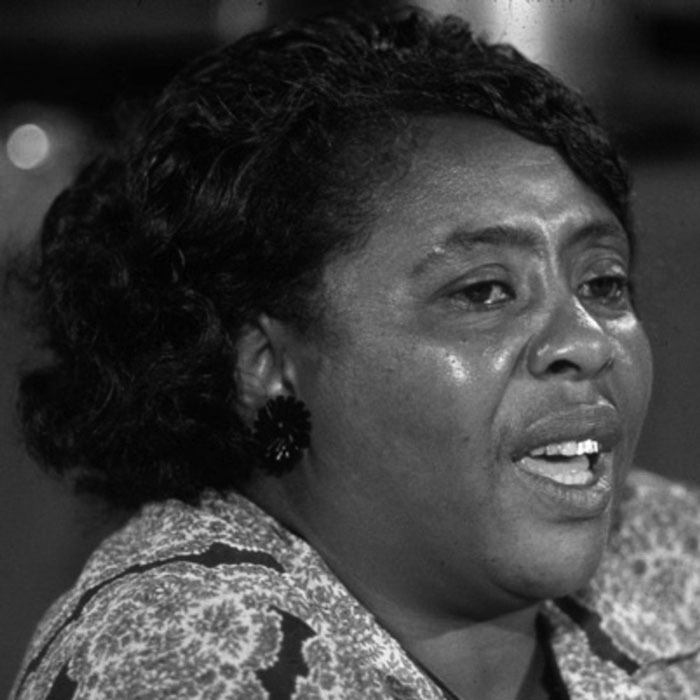



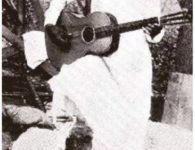



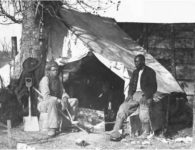


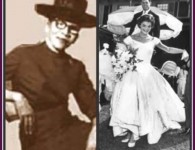
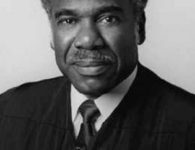
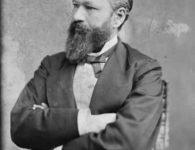
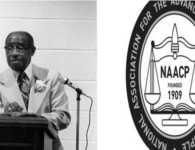


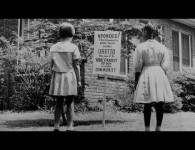
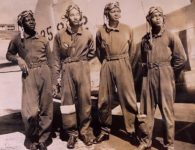

4 Comments
What a woman
I have read so many content regarding the blogger lovers but this post is truly a good piece
of writing, keep it up.
Piece of writing writing is also a excitement, if you be acquainted
with after that you can write or else it is complex
to write.
It is in point of fact a nice and useful piece of information. I’m glad that you
just shared this useful info with us. Please stay us up to date like this.
Thank you for sharing.